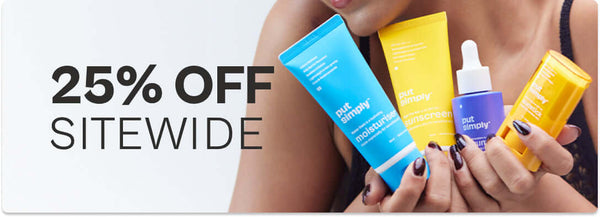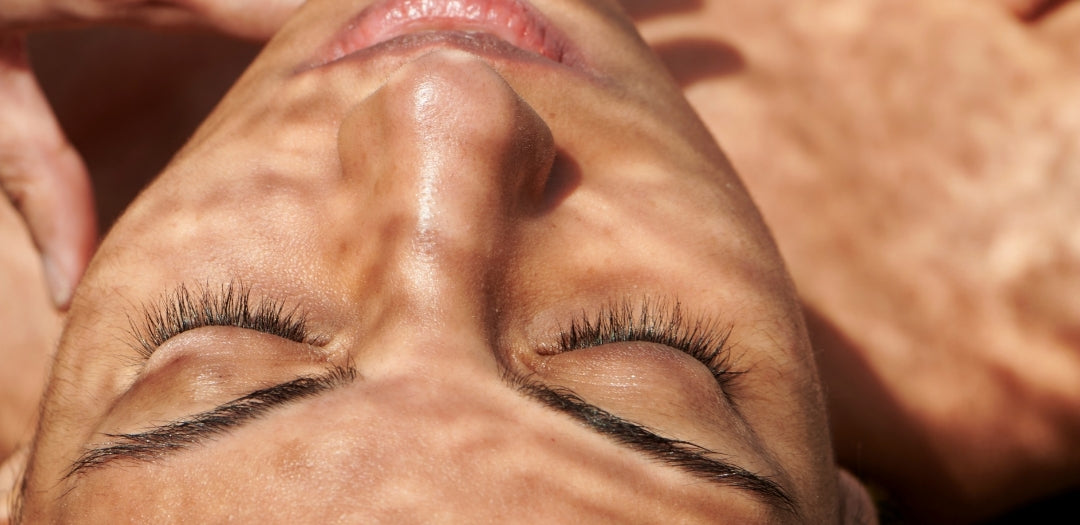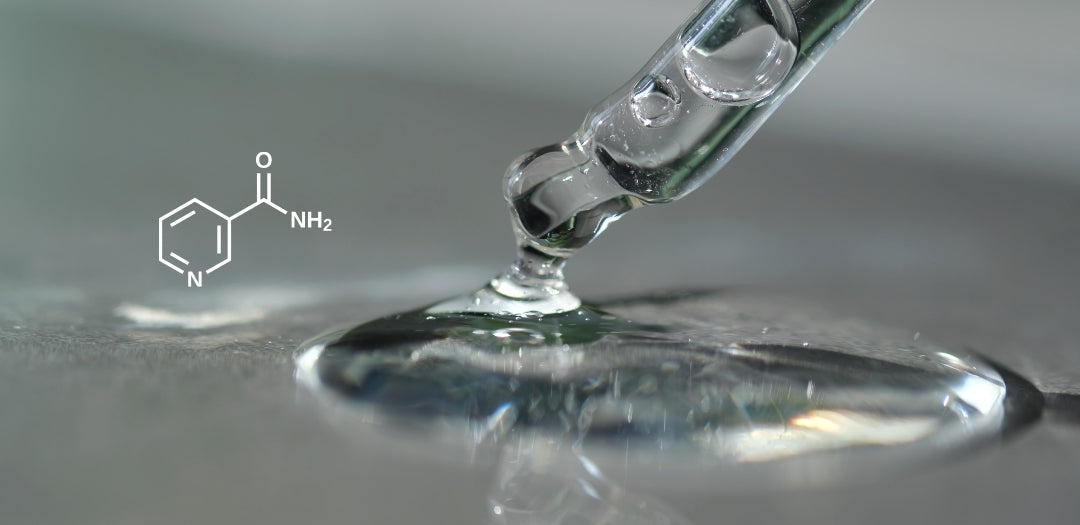When we think of sunscreen, our minds often wander to summertime. Winter, on the other hand, tends to keep us indoors, away from those harsh UV rays. While it's true that winter sun is gentler, it doesn't mean we should neglect sunscreen during this season.
Sun damage can catch you off guard even in winter, and it can contribute to various skin issues.
But before we dive into the details, let's take a closer look at how various UV rays can influence your skin. It's essential to comprehend the different forms of UV radiation, which includes UVA, UVB, and UVC rays.
- UVA: These rays make up to 95% of the UV rays that reach Earth's surface. They penetrate deep into the skin, leading to premature aging, such as wrinkles and certain skin cancers.
- UVB: While they account for just 5% of the UV rays, UVB rays have more energy and can cause skin cell damage, and sunburns, also research shows (research name) that most skin cancers are caused by UVB rays.
- UVC: The most energetic UV radiation, but Earth's ozone layer blocks it. No additional protection is required against UVC rays.

Applying sunscreen during the winter is just as crucial as it is during the summer. Here's why.
- Prevents Premature Aging: UV radiation is a key factor in premature aging. UVA rays can penetrate deep into the skin, leading to saggy or wrinkled skin and even cause sunspots. Opt for a broad-spectrum sunscreen to protect your skin from both UVA and UVB rays.
- Prevents Hyperpigmentation: UVB rays, in particular, are known to trigger melasma and worsen hyperpigmentation. Sunscreen acts as a protective layer on your skin, helping to prevent and reduce hyperpigmentation. The American Academy of Dermatology confirms that sunscreen can protect, prevent, and even help fade existing dark spots, but it must be applied daily to be effective.
- Reduces the Risk of Skin Cancer: Most skin cancers result from exposure to UV rays. Considering that our skin is the largest organ and is continuously exposed to the sun, it is essential to use a broad-spectrum sunscreen with an SPF of 30 or higher to help prevent skin cancer.
In conclusion, Sunscreen is not just a summertime essential. It's a year-round protector of your skin, protecting it from UV damage, premature aging, hyperpigmentation, and the risk of skin cancer. So, remember to slather on that sunscreen even when the weather is chilly.


 Beat The Sun Sunscreen
Beat The Sun Sunscreen Water Dam Moisturiser
Water Dam Moisturiser Ray Away Sunstick
Ray Away Sunstick Daily Afftermation Serum
Daily Afftermation Serum Bundles
Bundles


